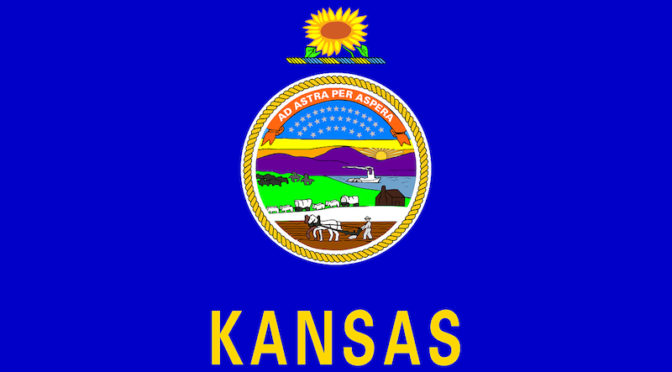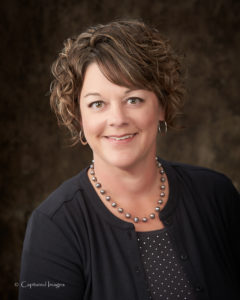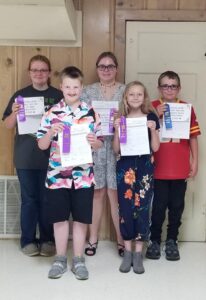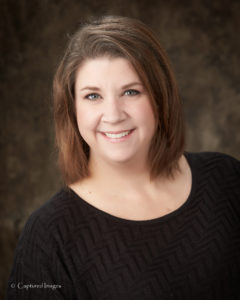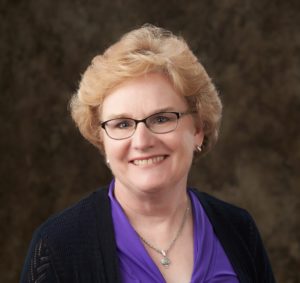Governor Laura Kelly Signs Proclamation Recognizing Reunification Month
TOPEKA – Governor Laura Kelly today announced that, to recognize Kansans’ continuous efforts to strengthen families and communities, she has proclaimed June as Reunification Month in Kansas.
“All Kansas kids deserve a permanent, loving home,” Governor Kelly said. “This Reunification Month, I ask Kansans to join me in thanking our welfare agencies, courts, schools, businesses, individuals, and all those who put in the work to reunite the children in our foster care systems with their families.”
The proclamation states that reunification with their family is the preferred outcome for children placed in foster care. The care, love, security, and stability of a family unity provides a solid foundation for personal growth, development, and maturity.
From July 2020 to April 2021, 1,516 children were successfully reunified with their families in Kansas.
The proclamation reads:
“TO THE PEOPLE OF KANSAS, GREETINGS:
WHEREAS, reunification with family is the preferred outcome for children removed from their homes and placed in foster care; and
WHEREAS, for most children in foster care, reunification with their family is their best option for a permanent and loving home; and
WHEREAS, from July 2020 to April 2021, 1,516 children were successfully reunified with their families in Kansas; and
WHEREAS, all children need the care, love, security, and stability of family unity – including parents or guardians, siblings, grandparents, and/or other extended family members – to provide a solid foundation for personal growth, development, and maturity; and
WHEREAS, reunification takes work, commitment, and investment of time and resources by parents, family members, social workers, foster parents, service providers, attorneys, courts, and the community; and
WHEREAS, Kansas has been a leader and example in celebrating the accomplishments of families who overcome an array of challenges to reunify safely and successfully; and
WHEREAS, the State of Kansas encourages service, civic, and religious organizations as well as child welfare agencies, courts, schools, businesses, and individuals to join in commemorating Reunification Month with appropriate ceremonies and activities that recognize the importance of supporting our families and communities.
NOW, THEREFORE, I, Laura Kelly, GOVERNOR OF THE STATE OF KANSAS, do hereby proclaim June 2021 as Reunification Month in Kansas and I urge all citizens to join in this observation.”
